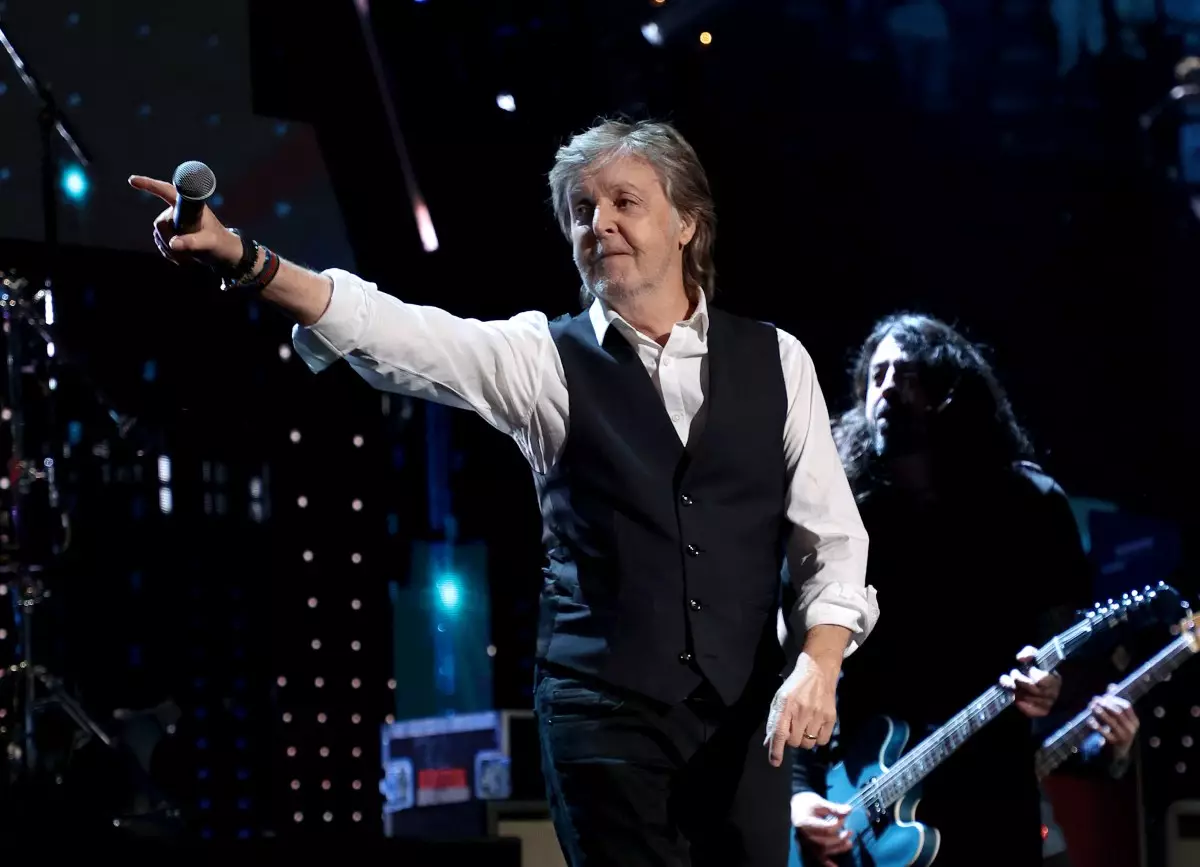In a recent discussion with the BBC, renowned musician Paul McCartney expressed his concern regarding proposed alterations to UK copyright law that could have significant ramifications for artists. McCartney’s warnings touch the core of a pivotal issue in the creative landscape: the battle between technological advancement and the protection of artistic integrity. His outspoken remarks emphasize the need for government intervention to safeguard the rights of musicians and creatives who may be vulnerable to exploitation by large tech companies eager to utilize their work for machine learning and AI development.
Understanding the Proposed Changes
The crux of the issue lies in a proposal which would permit tech companies to utilize online content for training their AI models, provided that copyright holders do not explicitly opt out. This initiative raises alarms about the potential for widespread unauthorized use of artistic creations. McCartney critiques this approach, highlighting that it undermines the very foundation that allows artists to thrive: ownership of their work. His passionate plea to the government serves as a reminder that it has a duty to protect its creative citizens, urging lawmakers to reconsider the implications of their decisions.
Interestingly, McCartney is not outrightly against the integration of AI into music production. Last year, he utilized AI technology to enhance a previously unreleased John Lennon demo, branding it as “the last Beatles record.” This demonstrates his recognition of the positives that technological progress can bring to the industry. However, he simultaneously articulates a legitimate fear regarding the exploitation of creative talent. The emergence of AI, combined with lax copyright protections, presents a perilous economic landscape for emerging musicians who may find their work used without permission.
The musician reflects on the plight of young and aspiring artists who create stunning music only to have it appropriated without recompense. He voiced a striking concern: the potential for upcoming talents to lose their rightful ownership of their creations. This scenario not only jeopardizes the livelihood of artists but also stunts creative innovation in the industry as a whole. If artists do not feel secure about protecting their work, the enthusiasm for producing original content could diminish. McCartney aptly questions the ethical responsibilities of tech companies in respecting the intellectual property of others.
As discussions around copyright law and AI technology unfold, McCartney’s call for heightened awareness and action stands out. He challenges the government to take on an advocacy role, ensuring that legislation takes into consideration the voices of creatives. By doing so, they can cultivate an environment that nurtures artistic expression rather than stifling it under the weight of corporate interests. It is essential that policymakers listen to the concerns of artists like McCartney and prioritize the preservation of creativity in an increasingly digital world, or risk losing the very essence of what drives the arts forward.

